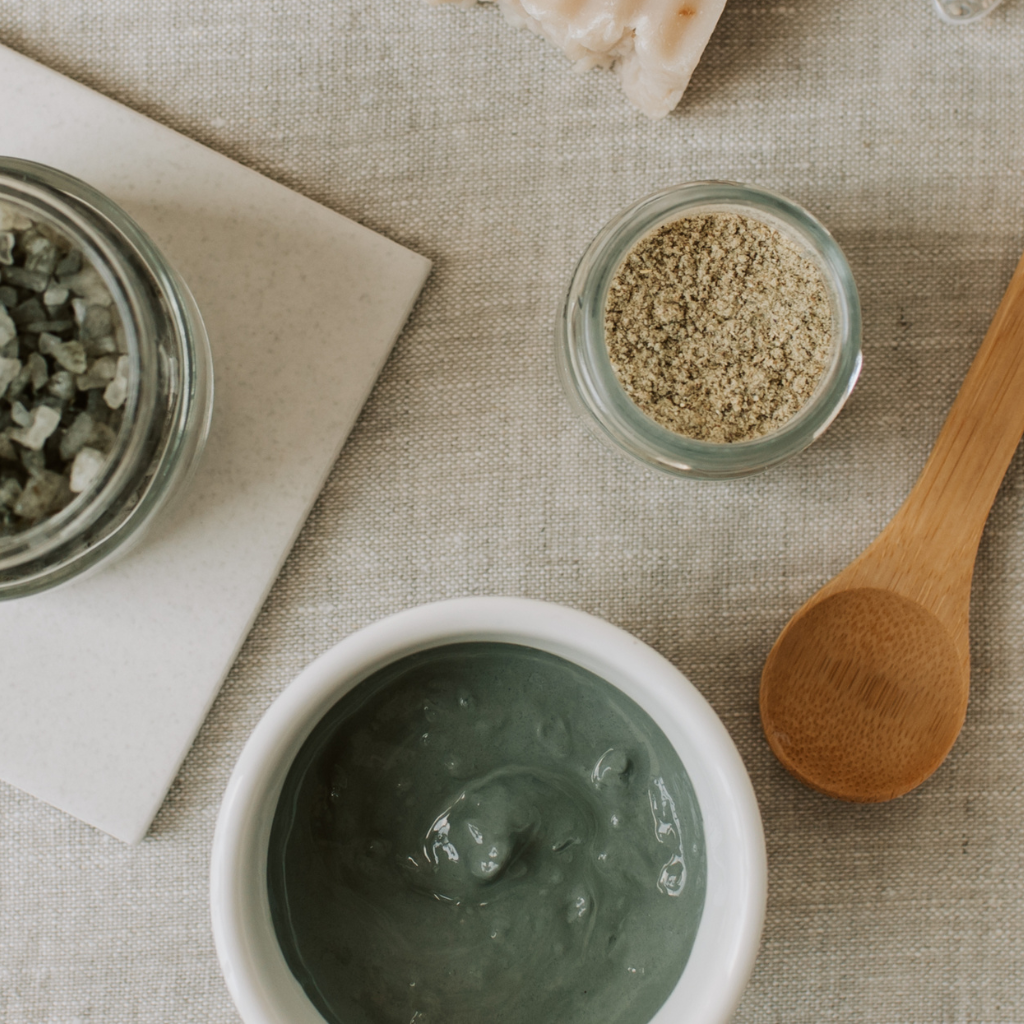So you’re trying to shop eco-friendly.
Maybe the idea came to you that the boots you needed could easily fix your “green guilt” by buying them in vegan leather, or your new brand of deodorant could be eco-friendly just by adding “natural” in your search engine results.
While these aren’t bad ways to start, we hate to tell you: not all eco-friendly companies are created equally.
The unfortunate truth is that many companies have caught on to the public’s wish of having more zero-impact products, and will use "greenwashing" terms to trick you.
Luckily, we’ve come up with a list on how to spot the great green companies from the mediocre ones.
Avoid Plastic Packaging
A company can be as green as can be, but if the packaging is single-use plastic… It defeats the purpose of the product, doesn’t it?
In 2016, plastic packaging accounted for most of the plastic in our landfills, making up for an astonishing 42 percent (aka, 146 million tons).

Most companies choose to use plastic packaging for a multitude of reasons: 1. they don't consider the impact, 2. it's typically cheaper, and 3. it’s easier to just do what everyone else is doing… Isn’t it?
We prefer companies that recognize easy packaging isn’t the goal here. The goal is to deliver a product we enjoy, feel safe using, and can dispose of the packaging sustainably.
Luckily, many have begun to catch on that compostable packaging is the way to go. With compostable packaging, we can feel safe in knowing that it will naturally decompose without spreading any harmful chemicals into our earth. No Evil Foods packages their plant-based meats in not only compostable packaging, but marks the logos with plant-based ink!
After all, there are ways to be both productive and functional.
Natural Ingredients
And when we say natural, we mean it.
To be clear, we mean ingredients that are either naturally made by biological means (salt, plants, certain oils), or chemical ones in which we extract the essence of plant or mineral through simple chemistry (flower scents, vinegar).
It’s no secret that along with any “naturally scented” product there are a plethora of potentially toxic ingredients. We've discussed that many cosmetics contain harmful ingredients that are actually considered safe by the FDA’s standards in the US, yet banned almost everywhere else in the world.

But of course many big companies use "green" terms on their labels and won’t outright tell you they contain harmful ingredients.
Unfortunately, it’s up to each of us to research brands when making product decisions. It’ll be frustrating, at times, to make what should be a simple decision on a window cleaner when there are companies out there hiding harmful ingredients like phthalates and ammonia…
But once you find a brand you trust, it’s completely worth the safety you know you’re bringing you and your household.
Products Made of Recycled Goods
Granted, recycling isn’t the greatest way to save our planet.
But we can heartily respect companies like Rothy's, that upcycles common items like plastic bottles and turns them into new shoes <<< pssst: click our #afflink for $20 off your first pair of Rothy's.

When there’s so much waste already going into landfills, why not use some cool technology turn it into a completely new product? It helps put an ease on wasting so much and saves more of our resources.
Our only advice about companies that make recycled products: watch out for the ones that only release a line of recycled products as opposed to all their products, for the purpose of being “trendy”. This makes you believe that their intentions are good (and maybe they think they are!); but they’re really just trying to temporarily buy a new customer’s trust.
Take a look at all their products before committing.
Giving Back to the Cause
Of course a business’s goal is to make a profit. This is to be expected, and certainly not a bad thing when it comes to small businesses spreading environmental awareness.
But it’s pretty darn cool when they decide to give back, too.
We’re always attracted to the green companies that decide to give back, whether it’s a reusable straw company dedicated to saving sea turtles or an outdoor brand that pledges to remove one pound of trash from the ocean for every product sold.

There are some that claim big companies just use these acts of charity as a way to gain stronger customer following while only giving a small portion of the proceeds to the environment, and to that we say… Maybe.
But isn’t it more important to notice that these companies are setting an example, and at least doing something in addition to already creating green products? It’s better than most big corporations are currently doing, and to that we say: let it only get bigger.
Let giving back be a trend again.
The Truth is In the Certification
Perhaps the easiest way to sort the good from the bad companies is also the method people pass over the most.
Businesses that market their products as environmentally friendly when they really aren’t are called “greenwashers,” as the goal is to get the green buyer’s believe that their products are trustworthy… And therefore buyable.
For the times that you feel your research isn’t enough, luckily you can look for a few reliable symbols on a brand’s website.

The U.S. Environmental Protection Agency is a better known certification that green businesses will display on their sites. This agency regulates the amount of pollutants and harmful chemicals put into products. If you see a product with its seal, that means it was approved!
If you’re looking for more of a consumer advocacy seal (instead of one based on government regulations), you might want to look into the Green Good Housekeeping Seal. Maintained by Good Housekeeping, they have a list of products that are considered tried and true.
Of course, we should disclaim that not all eco-friendly companies are on this list— but that doesn’t make them any less good for you. These seals are something that might make your search a little easier on those days you feel exhausted and desperate for a non-pollutant product.
There’s Gotta Be Heart
The fact is: not all eco-friendly companies are perfect.
There are many that lack some of the aspects we mentioned, some with plastic packing, some that make their products with some form of wasteful resources, etc.
And honestly… It’s not great, but it’s okay.
Just look for companies that truly believe in what they're doing and bettering themselves. They care enough to listen to feedback from customers, yet stand strong in their eco-conscious mission by not utilizing common toxins and plastics to make their products.

While it’s a business, and there has to be a profit margin involved: it’s not really about the money for them.
It’s about creating a good product for their consumers… And possibly saving the world, too.
- - -
What’s something you look for in an eco-conscious brand? Comment below!











